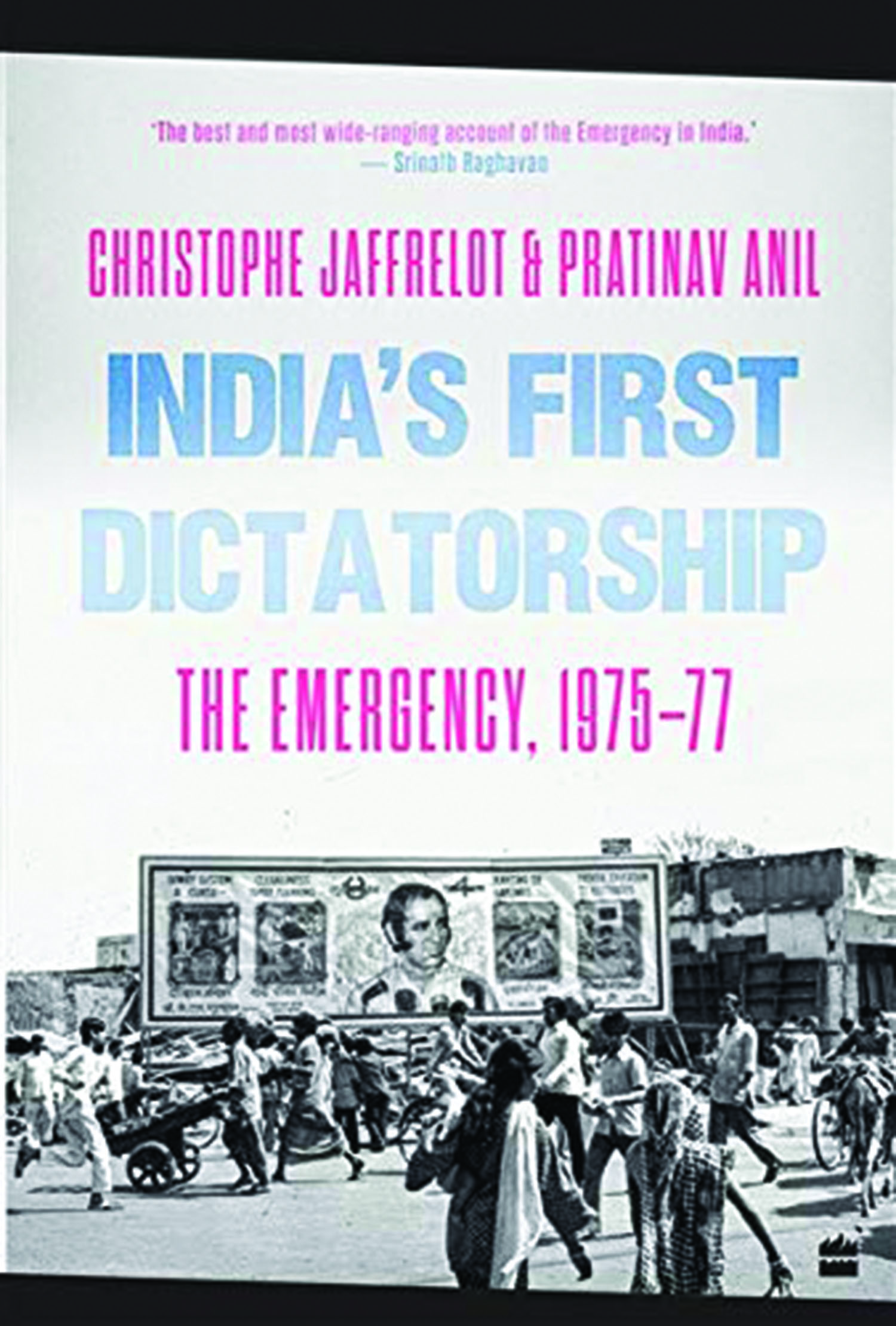In the last few years, many academic books have been published on the Emergency in India. One of the first comprehensive academic interventions was Bipan Chandra (2003), In the Name of Democracy. The British sociologist, David Lockwood (1929-2014), in his book (2016) examined as to why the Communist Party of India (CPI) supported the Emergency. Was it because of the USSR or to enhance its acceptability among the Indian masses, as the CPI always maintained that the communal forces and the capitalist class were out to hijack the Indian state and society, which Indira Gandhi was struggling to fight and put India on a pro-poor, socialist-welfarist path, and hence it was incumbent upon the CPI to stand by her? Lockwood (Proceedings of the Indian History Congress-PIHC, 2015, p. 872) concluded:
[I]t would be easy to pronounce a simplistic judgment on the Emergency. It was the state defending itself; it was a power-grab by the Congress leadership; it was necessary to avert internal chaos; it had the potential to become dictatorship. It was, in part, all of these things. But the economic context in which it took place gave rise to its inner contradictions—running in two directions, towards increased statism and away from it, at the same time. This is what made it unique—a marker of the transitional period in India from a state-managed to a globalised economy.

